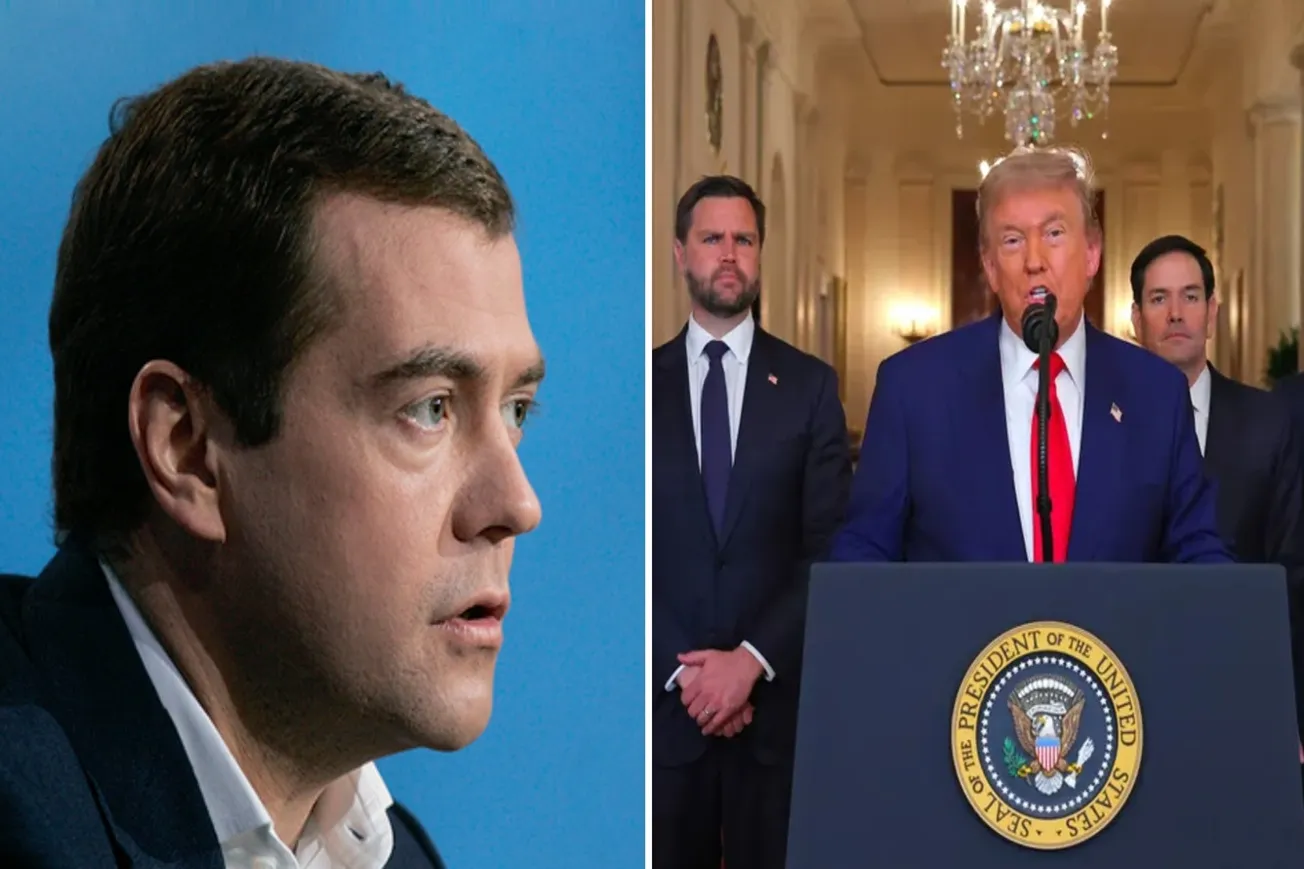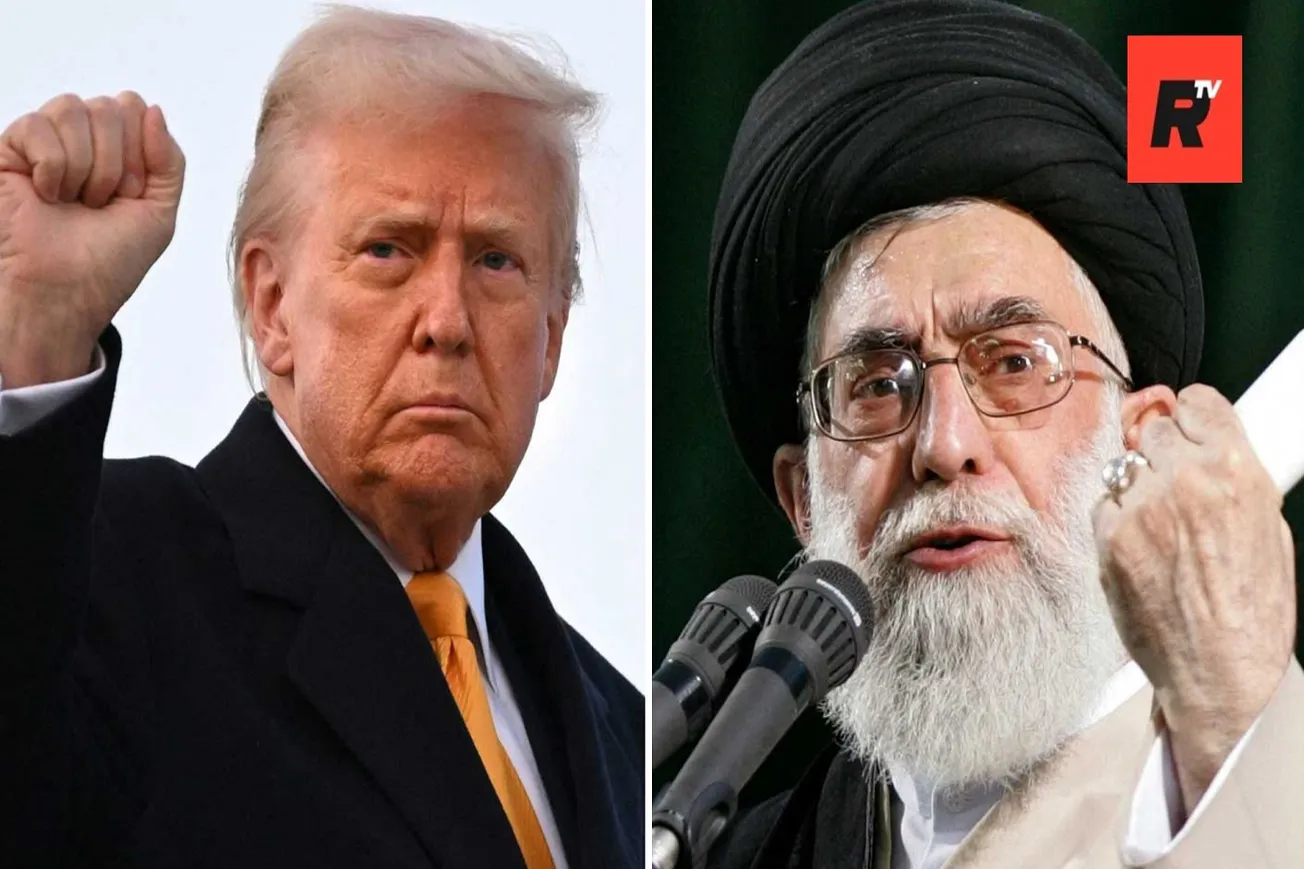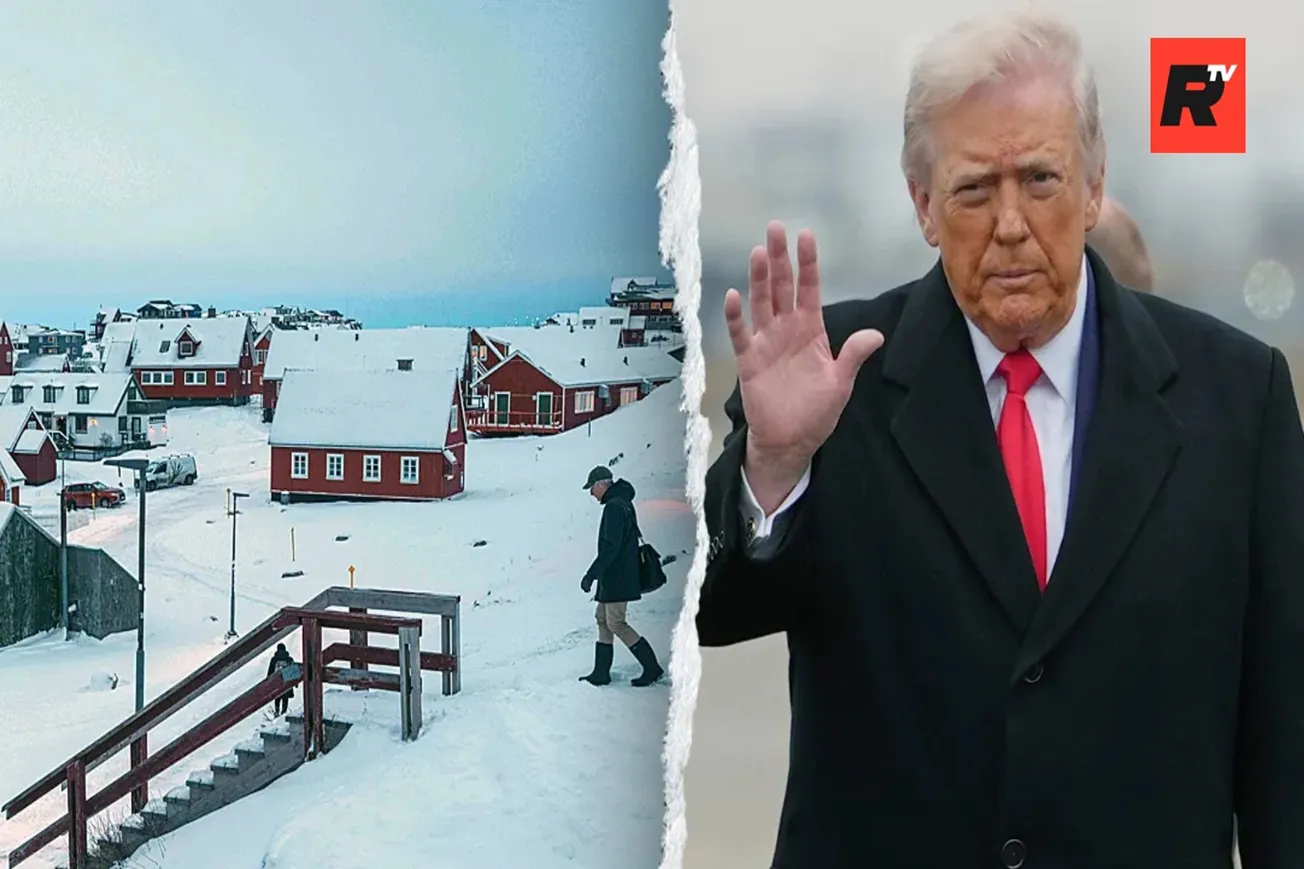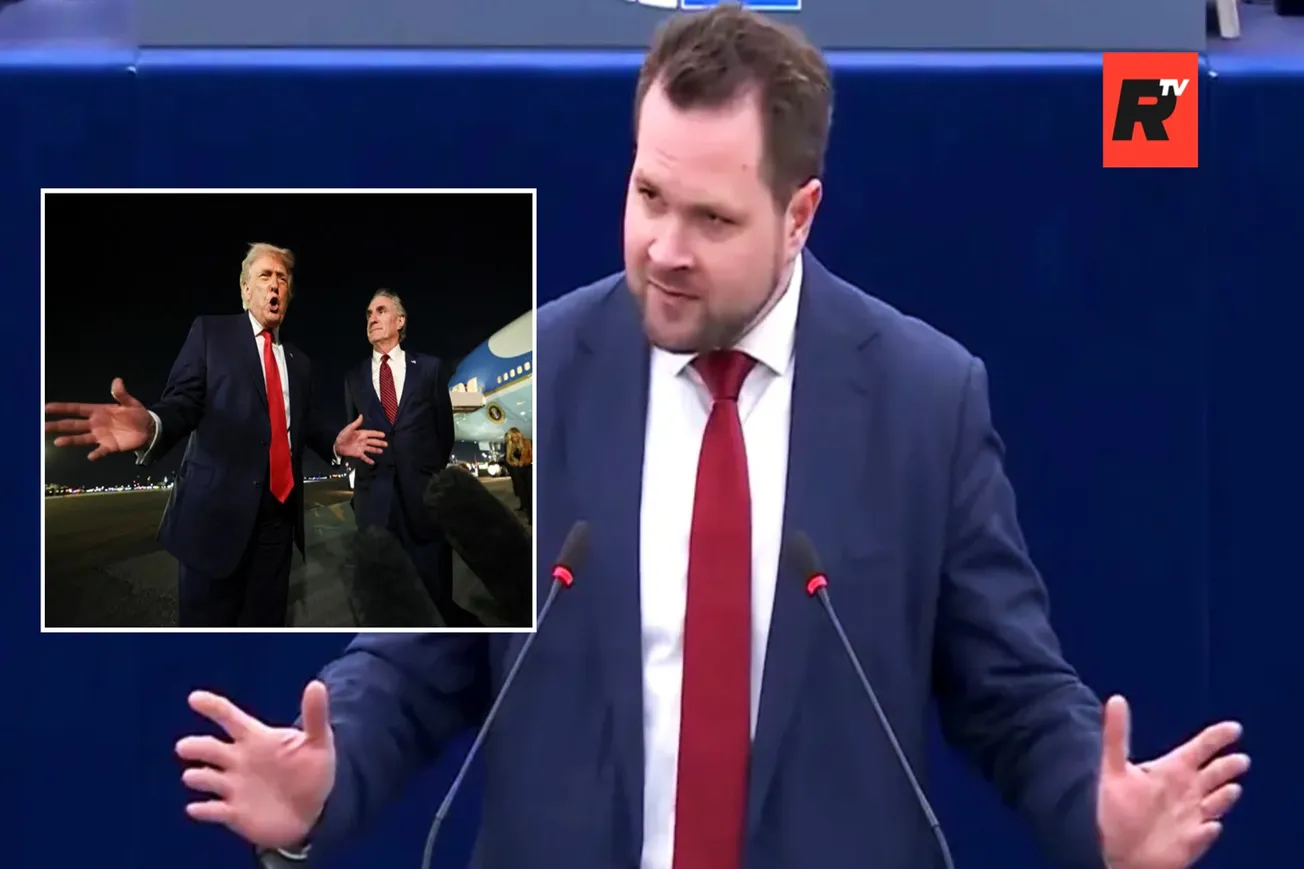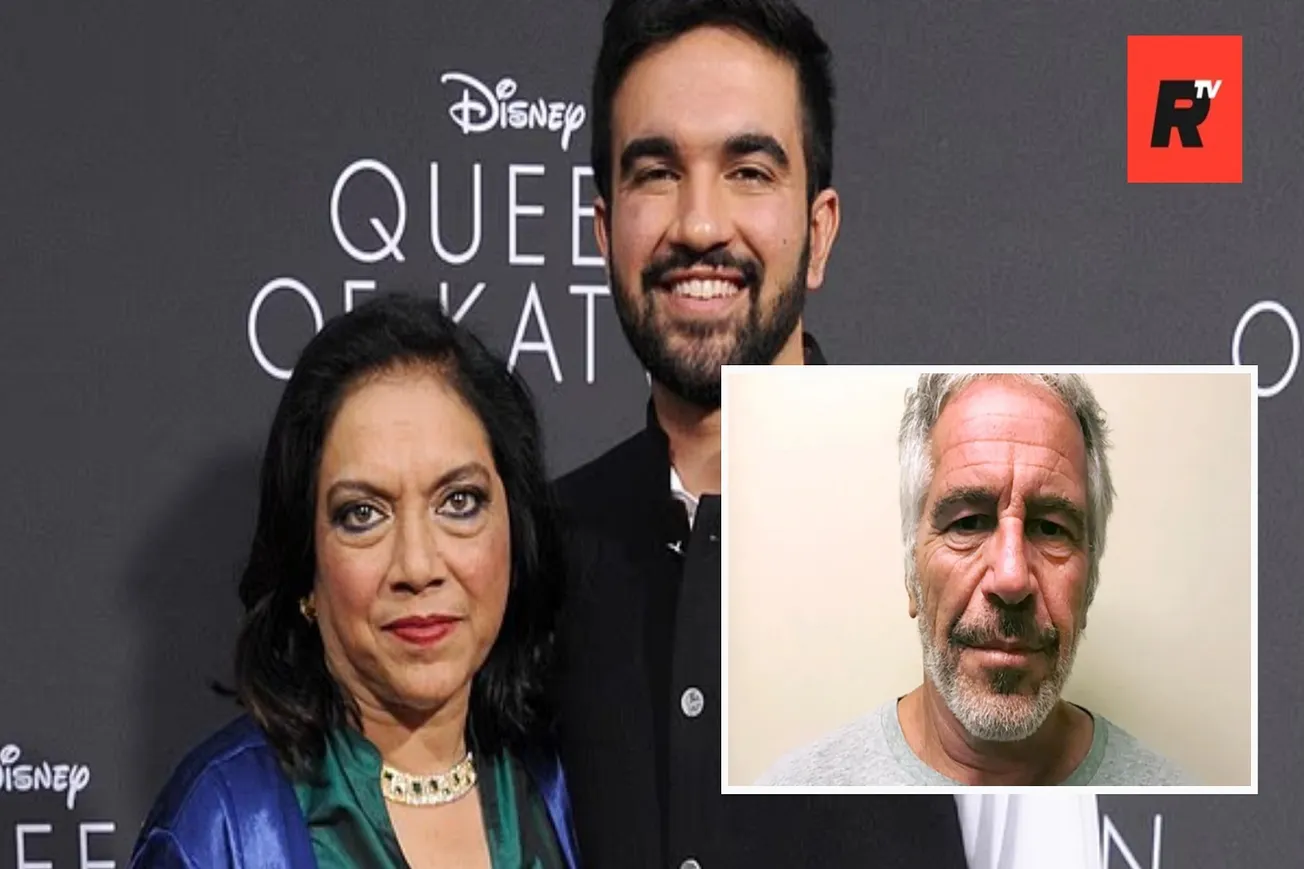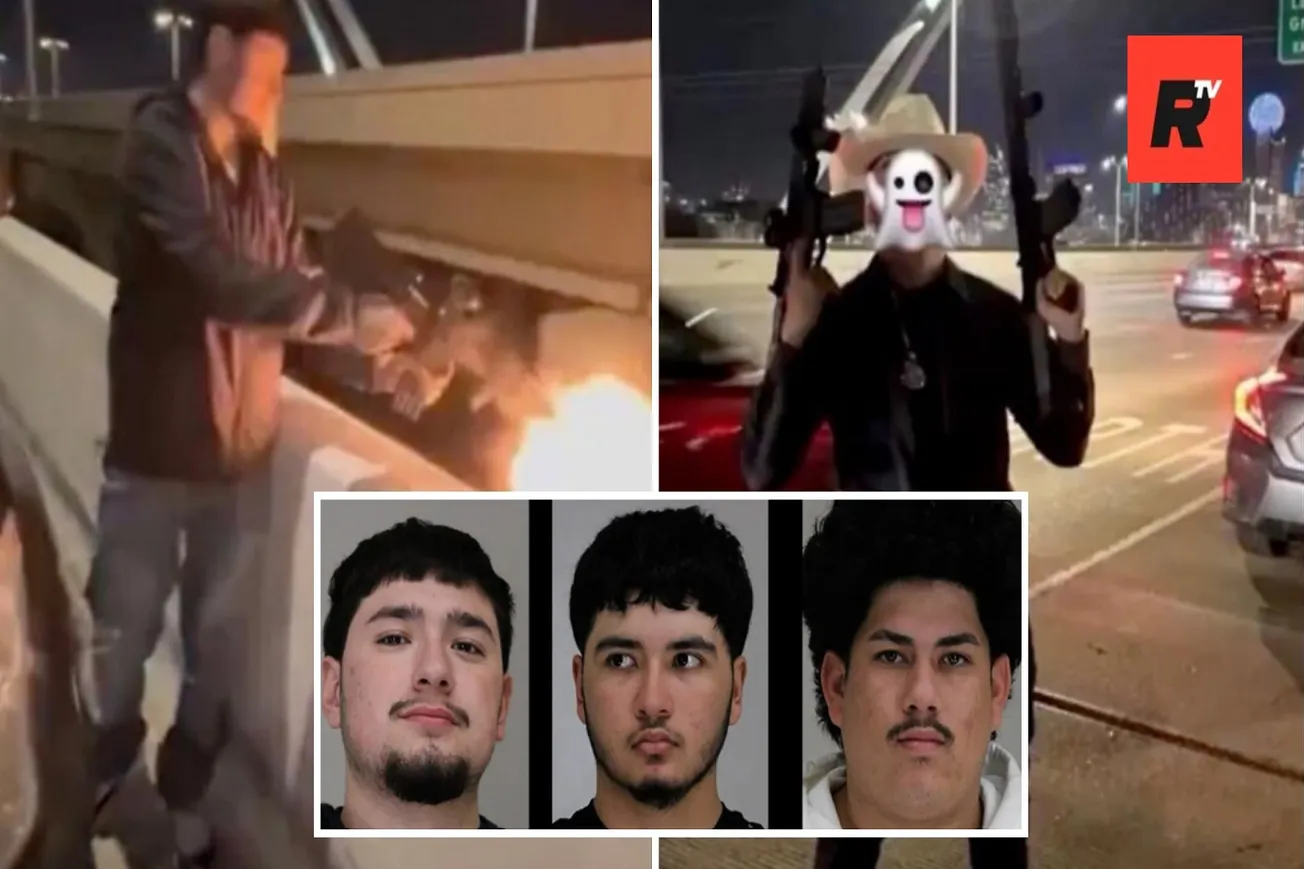Table of Contents
In a dramatic escalation of tensions in the Middle East, the United States, under President Donald J. Trump, on Saturday night launched a massive military strike on Iran’s nuclear facilities, dubbed "Operation Midnight Hammer."
The attack, marking the first direct U.S. military action against Iran, is drawing sharp condemnation from Russia, raising fears of a broader conflict.
The U.S. military executed precision strikes on three key Iranian nuclear facilities– Fordow, Natanz, and Isfahan – involving over 125 U.S. aircraft, including B-2 stealth bombers, which dropped 14 Massive Ordnance Penetrator bombs, commonly known as "bunker busters," on the heavily fortified Fordow facility, located inside a mountain approximately 60 miles southwest of Tehran.

Tomahawk cruise missiles were also fired from a U.S. Navy submarine targeting Isfahan, while additional strikes hit Natanz. This marked the longest mission flown by B-2 bombers since 2001 and the largest such operation in U.S. history.
President Donald Trump, addressing the nation from the White House on Saturday night, heralded the strikes as a "spectacular military success," declaring Iran’s nuclear enrichment facilities were "completely and totally obliterated."
The president warned Iran to pursue peace or face further U.S. military action.
"There will be either peace, or there will be tragedy for Iran, far greater than we have witnessed over the last eight days," Trump said. "Remember, there are many targets left."
"There will be either peace or there will be tragedy for Iran far greater than we have witnessed over the last eight days," says @POTUS.
— Rapid Response 47 (@RapidResponse47) June 22, 2025
"If peace does not come quickly, we will go after those other targets with precision, speed, and skill." pic.twitter.com/3VVdakxenW
On Sunday, Trump confirmed the safe return of the B-2 bomber pilots and doubled down on the operation’s success.
"The pilots of the B-2 bombers that participated in strikes on Iranian nuclear facilities have returned to the U.S.," Trump wrote on Truth Social. "Iran’s key nuclear enrichment facilities have been completely and totally obliterated."

He also hinted at the possibility of regime change in Iran, writing, “MAKE IRAN GREAT AGAIN,” a statement that has igniting speculation about U.S. intentions.

The strikes, which killed several top Iranian nuclear scientists and a senior Islamic Revolutionary Guard Corps general, followed weeks of escalating tensions between Israel and Iran, with the U.S. joining Israel’s campaign to neutralize Iran’s nuclear capabilities.
Israeli Prime Minister Benjamin Netanyahu praised the operation, stating, “Your bold decision to target Iran’s nuclear facilities with the awesome and righteous might of the United States will change history."
NETANYAHU: "Congratulations, President Trump. Your bold decision to target Iran's nuclear facilities with the awesome & righteous might of the United States will change history." pic.twitter.com/dnabvbzw04
— Breaking911 (@Breaking911) June 22, 2025
Russia fired back with strong condemnation of the U.S. strikes, warning the attack was a "gross violation" of international law and the United Nations Charter.
The Russian Foreign Ministry released a statement on Sunday, asserting that the strikes "flagrantly violate international law, the Charter of the United Nations, and the resolutions of the United Nations Security Council."
The ministry called for an immediate end to aggression and urged global powers to return to diplomatic efforts to resolve the crisis.
Dmitry Medvedev, former Russian President and current Deputy Chairman of Russia’s Security Council, posted a scathing thread on X on Sunday, warning that the U.S. strikes will backfire.
"The enrichment of nuclear material — and, now we can say it outright, the future production of nuclear weapons — will continue," Medvedev stated.
2. The enrichment of nuclear material — and, now we can say it outright, the future production of nuclear weapons — will continue.
— Dmitry Medvedev (@MedvedevRussiaE) June 22, 2025
3. A number of countries are ready to directly supply Iran with their own nuclear warheads.
He further alleged that "a number of countries" are prepared to supply Iran with nuclear warheads.
4. Israel is under attack, explosions are rocking the country, and people are panicking.
— Dmitry Medvedev (@MedvedevRussiaE) June 22, 2025
5. The US is now entangled in a new conflict, with prospects of a ground operation looming on the horizon.
6. Iran’s political regime has survived — and in all likelihood, has come out even stronger.
— Dmitry Medvedev (@MedvedevRussiaE) June 22, 2025
7. The people are rallying around the country’s spiritual leadership, including those who were previously indifferent or opposed to it.
Iran’s nuclear fuel cycle infrastructure sustained only "minor damage," Medvedev claimed, warning the attacks would likely accelerate Iran’s nuclear ambitions.
Medvedev also argued that the strikes have strengthened Iran’s political regime, uniting its people around the country’s spiritual leadership, including those previously opposed to the government.
"Donald Trump, once hailed as ‘president of peace,’ has now pushed the US into another war," Medvedev wrote.
8. Donald Trump, once hailed as ‘president of peace,’ has now pushed the US into another war.
— Dmitry Medvedev (@MedvedevRussiaE) June 22, 2025
9. The vast majority of countries around the world oppose the actions of Israel and the United States.
10. At this rate, Trump can forget about the Nobel Peace Prize — not even with how rigged it has become. What a way to kick things off, Mr. President. Congratulations!
— Dmitry Medvedev (@MedvedevRussiaE) June 22, 2025
Russia’s Foreign Ministry echoed Medvedev’s concerns, warning that the strikes undermine global non-proliferation efforts and the credibility of the International Atomic Energy Agency.
Iranian Foreign Minister Abbas Araghchi reportedly arrived in Moscow on Sunday for a scheduled meeting with Russian President Vladimir Putin on Monday to discuss "common threats" and coordinate a response.
No public confirmation of a post-strike phone call between Trump and Putin has been verified, though earlier reports suggested such a call was planned.
Iran’s parliament voted on Sunday to shut down the Strait of Hormuz, a critical global oil shipping route, in retaliation, raising fears of economic disruption.
Iranian officials have not detailed the extent of the damage to the nuclear facilities, though a senior source claimed most highly enriched uranium at Fordow was moved prior to the attack.
The IAEA reported no off-site radiation increases but noted that underground damage assessments are ongoing.
The world is now watching Tehran’s response. Will Iran retaliate by targeting U.S. bases, disrupting global oil supplies, or doubling down on its nuclear ambitions?
The next few weeks will determine whether “Operation Midnight Hammer” marks the beginning of peace or the prelude to a broader war. We’ll continue to follow this story closely.

